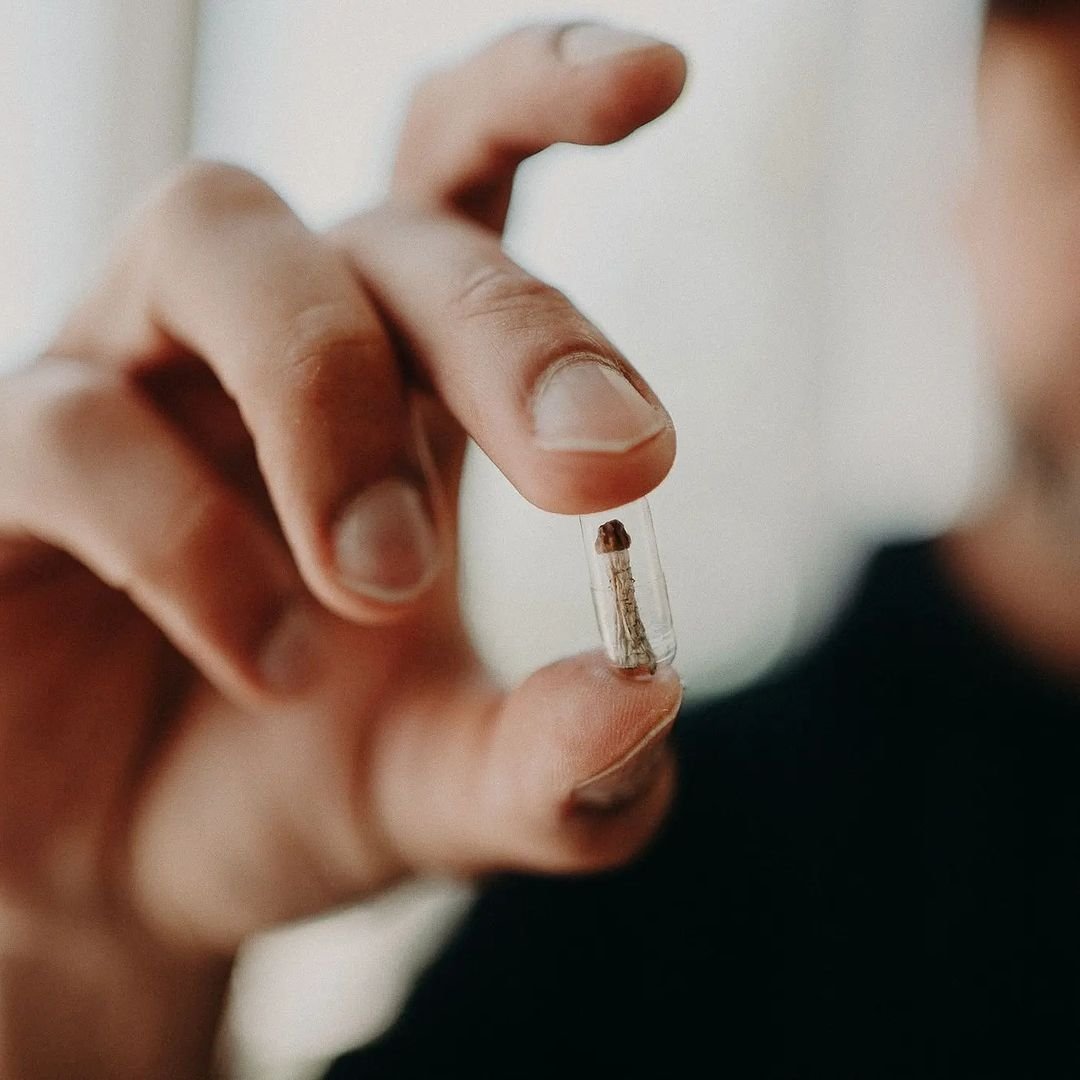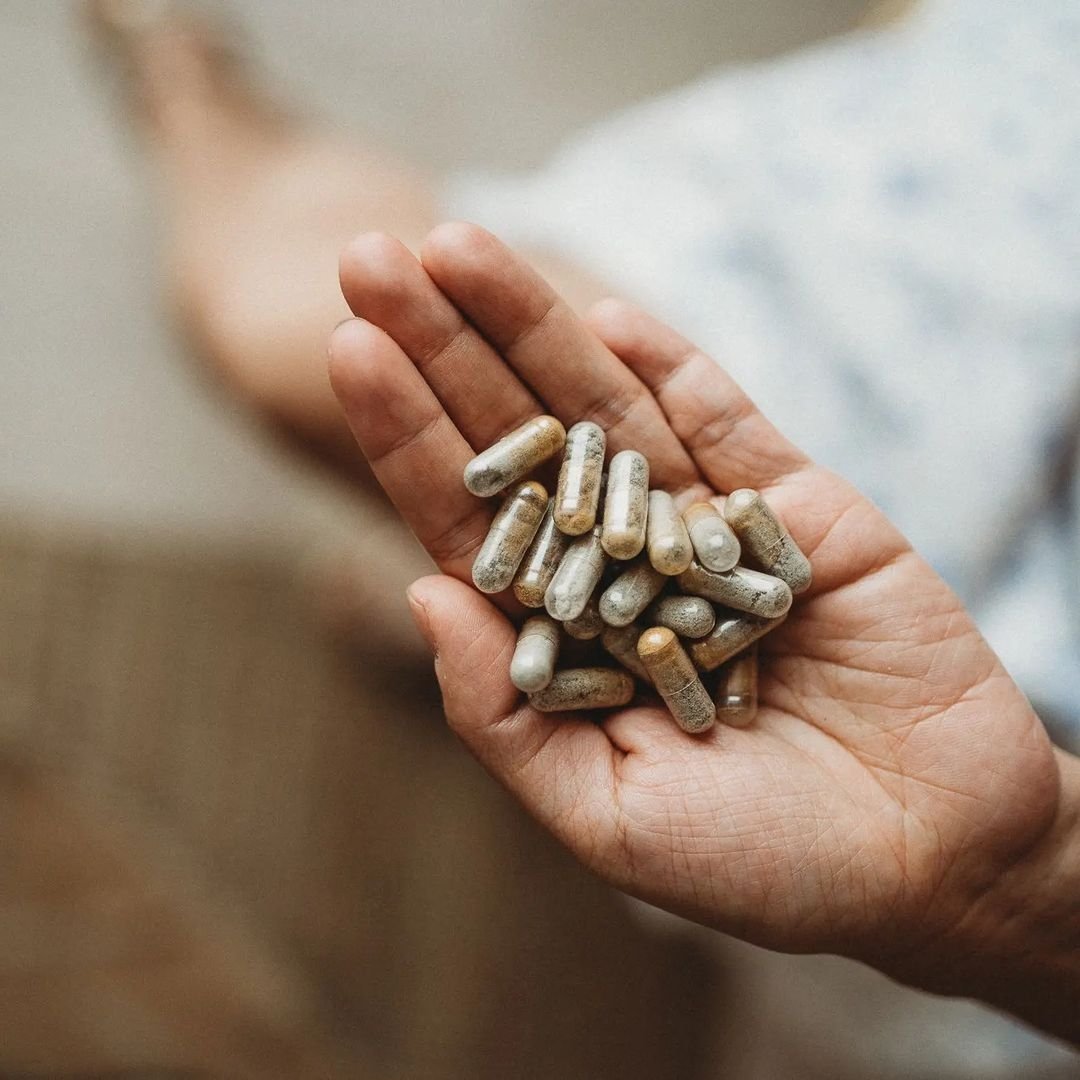 Image 1 of 3
Image 1 of 3

 Image 2 of 3
Image 2 of 3

 Image 3 of 3
Image 3 of 3




Microdose Coaching
A microdose coach is a professional who assists individuals in safely and intentionally incorporating microdosing practices into their lives. Microdosing typically involves taking sub-perceptual doses of psychedelics, such as psilocybin-containing mushrooms or other plant medicines. The purpose of microdosing is not to induce a full psychedelic experience but to experience subtle cognitive and emotional enhancements.
Here are some aspects of what a microdose coach may do:
Education: Provide information about the substances used in microdosing, their potential effects, and the science behind microdosing. This includes understanding the benefits and risks associated with microdosing.
Customized Protocols: Help clients develop personalized microdosing protocols tailored to their individual needs, goals, and sensitivities. This may involve determining the optimal dosage, frequency, and duration of microdosing.
Integration Support: Assist individuals in integrating the experiences and insights gained from microdosing into their daily lives. This may involve reflection, journaling, and discussions to help clients apply the positive changes to various aspects of their lives.
Mindfulness Practices: Incorporate mindfulness and self-awareness practices to enhance the overall benefits of microdosing and support personal growth.
Emotional Support: Provide emotional support and a safe space for individuals to discuss their experiences, challenges, and successes related to microdosing.
Monitoring and Adjustment: Regularly assess the impact of microdosing on the client's well-being and make adjustments to the protocol as needed. This involves monitoring for any potential adverse effects and ensuring the overall well-being of the individual.
Legal and Ethical Guidance: Provide information on the legal status of psychedelics and guide clients on ethical and responsible use.
Networking and Resources: Connect clients with relevant resources, communities, and professionals in the field of psychedelic research, therapy, or wellness.
Goal Setting: Work with clients to define specific goals and intentions for their microdosing journey, whether they are seeking increased creativity, improved mood, or enhanced cognitive function.
It's important to note that the legality of psychedelics varies by location, and microdosing should be approached with caution and responsibility. Microdose coaching is often seen as a form of harm reduction, focusing on the potential therapeutic benefits while minimizing risks. Individuals interested in microdosing should carefully research local laws, potential risks, and consult with qualified professionals.
A microdose coach is a professional who assists individuals in safely and intentionally incorporating microdosing practices into their lives. Microdosing typically involves taking sub-perceptual doses of psychedelics, such as psilocybin-containing mushrooms or other plant medicines. The purpose of microdosing is not to induce a full psychedelic experience but to experience subtle cognitive and emotional enhancements.
Here are some aspects of what a microdose coach may do:
Education: Provide information about the substances used in microdosing, their potential effects, and the science behind microdosing. This includes understanding the benefits and risks associated with microdosing.
Customized Protocols: Help clients develop personalized microdosing protocols tailored to their individual needs, goals, and sensitivities. This may involve determining the optimal dosage, frequency, and duration of microdosing.
Integration Support: Assist individuals in integrating the experiences and insights gained from microdosing into their daily lives. This may involve reflection, journaling, and discussions to help clients apply the positive changes to various aspects of their lives.
Mindfulness Practices: Incorporate mindfulness and self-awareness practices to enhance the overall benefits of microdosing and support personal growth.
Emotional Support: Provide emotional support and a safe space for individuals to discuss their experiences, challenges, and successes related to microdosing.
Monitoring and Adjustment: Regularly assess the impact of microdosing on the client's well-being and make adjustments to the protocol as needed. This involves monitoring for any potential adverse effects and ensuring the overall well-being of the individual.
Legal and Ethical Guidance: Provide information on the legal status of psychedelics and guide clients on ethical and responsible use.
Networking and Resources: Connect clients with relevant resources, communities, and professionals in the field of psychedelic research, therapy, or wellness.
Goal Setting: Work with clients to define specific goals and intentions for their microdosing journey, whether they are seeking increased creativity, improved mood, or enhanced cognitive function.
It's important to note that the legality of psychedelics varies by location, and microdosing should be approached with caution and responsibility. Microdose coaching is often seen as a form of harm reduction, focusing on the potential therapeutic benefits while minimizing risks. Individuals interested in microdosing should carefully research local laws, potential risks, and consult with qualified professionals.
A microdose coach is a professional who assists individuals in safely and intentionally incorporating microdosing practices into their lives. Microdosing typically involves taking sub-perceptual doses of psychedelics, such as psilocybin-containing mushrooms or other plant medicines. The purpose of microdosing is not to induce a full psychedelic experience but to experience subtle cognitive and emotional enhancements.
Here are some aspects of what a microdose coach may do:
Education: Provide information about the substances used in microdosing, their potential effects, and the science behind microdosing. This includes understanding the benefits and risks associated with microdosing.
Customized Protocols: Help clients develop personalized microdosing protocols tailored to their individual needs, goals, and sensitivities. This may involve determining the optimal dosage, frequency, and duration of microdosing.
Integration Support: Assist individuals in integrating the experiences and insights gained from microdosing into their daily lives. This may involve reflection, journaling, and discussions to help clients apply the positive changes to various aspects of their lives.
Mindfulness Practices: Incorporate mindfulness and self-awareness practices to enhance the overall benefits of microdosing and support personal growth.
Emotional Support: Provide emotional support and a safe space for individuals to discuss their experiences, challenges, and successes related to microdosing.
Monitoring and Adjustment: Regularly assess the impact of microdosing on the client's well-being and make adjustments to the protocol as needed. This involves monitoring for any potential adverse effects and ensuring the overall well-being of the individual.
Legal and Ethical Guidance: Provide information on the legal status of psychedelics and guide clients on ethical and responsible use.
Networking and Resources: Connect clients with relevant resources, communities, and professionals in the field of psychedelic research, therapy, or wellness.
Goal Setting: Work with clients to define specific goals and intentions for their microdosing journey, whether they are seeking increased creativity, improved mood, or enhanced cognitive function.
It's important to note that the legality of psychedelics varies by location, and microdosing should be approached with caution and responsibility. Microdose coaching is often seen as a form of harm reduction, focusing on the potential therapeutic benefits while minimizing risks. Individuals interested in microdosing should carefully research local laws, potential risks, and consult with qualified professionals.

